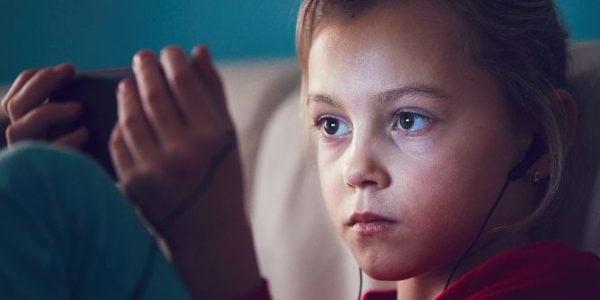More than 1,000 parents, carers and professionals in the family justice system across England and Wales have responded to a rapid consultation on the use of remote hearings in the family courts, a practice which has been widely adopted by UK courts facing the challenges of the COVID-19 pandemic and associated social distancing measures.
The President of the Family Division, Sir Andrew McFarlane asked Nuffield Family Justice Observatory to carry out the review to gather insights and experience from parents, carers and all professionals in the family justice system including judges, magistrates, barristers, solicitors, Children and Family Court Advisory and Support Service (Cafcass) advisers, court staff and social workers. Overall the respondents were evenly balanced in terms of their positive and negative reactions to remote hearings.
Lisa Harker, director of Nuffield Family Justice Observatory said:
“The immense response we had to our consultation highlights just how many people – from families to judges to social workers – are already having to rapidly adapt to a model of remote hearings. We have heard about the very real challenges they pose to fairness in certain cases, but also the positive opportunities to inform future practice throughout and beyond the pandemic.
“Some of the most profoundly life-changing cases are decided in the family courts. The pandemic has turned the system’s traditional way of working on its head, but it is vital that solutions are sought to protect justice for children and families.”
What were the responses?
Most of those who took part in the consultation thought that remote hearings were justified for certain cases in the current circumstances; and some felt that this way of working could continue for certain cases in the future.
Some of the concerns raised related to cases where not having face-to-face contact made it difficult to read reactions and communicate in a humane and sensitive way, the difficulty of ensuring a party’s full participation in a remote hearing, and issues of confidentiality and privacy. Concerns were also commonly raised in relation to specific groups: such as parties in cases involving domestic abuse, parties with a disability or cognitive impairment or where an intermediary or interpreter is required.
A wide range of different platforms are currently being used to conduct remote hearings. And while telephone hearings are more common, video hearings were generally felt to be more effective. However, concerns were raised about access to appropriate technology (for parties and professionals), the lack of clarity about roles and responsibilities in terms of setting up and supporting the administration of hearings, the extent of professionals’ technological capabilities, and the limited IT support and training available. Remote working was also reported to be having a negative impact on professionals’ health and well-being, although for some professionals it has meant working in a more efficient way.
Many examples of emerging good practice, and suggestions for future practice, were provided though. These largely related to the management of the process—the preparation and running of hearings, and making the most effective use of technology.
The consultation ran for a two-week period from 14 to 28 April 2020.









